Mastering Cloud Computing: Your Path To Technological Proficiency
4.9 out of 5 based on 18963 votesLast updated on 9th Aug 2023 22.96K Views
- Bookmark

Cloud Computing encompasses a diverse array of services and deployment models, each catering to distinct needs.
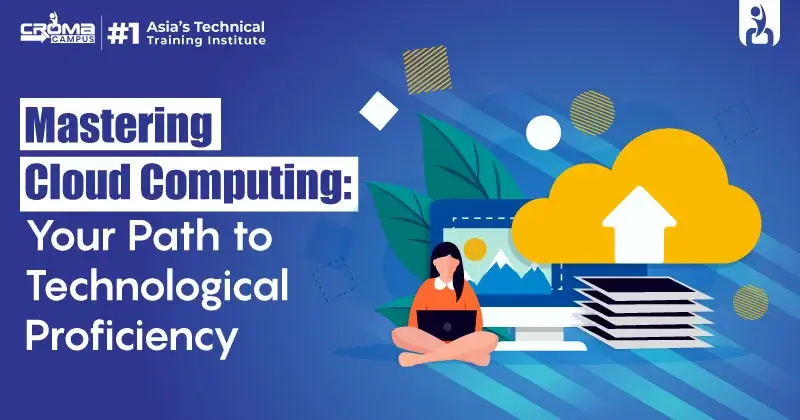
In today's rapidly evolving digital landscape, the realm of technology is witnessing ground breaking transformations. One of the most pivotal innovations that has revolutionized the way businesses and individuals interact with technology is cloud computing. As this phenomenon continues to reshape the technological landscape, the demand for understanding its nuances is more prominent than ever. This is where Cloud Computing Online Courses come into play, offering a structured and comprehensive way to comprehend the intricacies of this revolutionary technology.
Unveiling the Types of Cloud Computing
Cloud Computing encompasses a diverse array of services and deployment models, each catering to distinct needs. Understanding these types is fundamental to grasping the essence of this technology.
- Public Cloud: Public clouds are virtualized environments provided by third-party service providers over the Internet. They offer scalability and cost-effectiveness, making them an attractive choice for businesses seeking to expand without heavy upfront investments.
- Private Cloud: In contrast to public clouds, private clouds are dedicated environments that offer enhanced security and control. They are ideal for organizations with stringent data privacy and compliance requirements.
- Hybrid Cloud: Hybrid clouds combine the features of both public and private clouds, allowing data and applications to be shared between them seamlessly. This model provides flexibility, enabling organizations to optimize resources based on their needs.
- Community Cloud: Community clouds cater to specific industries or interest groups. They allow participants to share resources while adhering to shared concerns like compliance and security.
The Benefits of Embracing Cloud Computing
The allure of cloud computing lies not only in its diversity but also in the numerous benefits it bestows upon businesses and individuals alike.
- Cost Efficiency: Cloud computing eliminates the need for upfront hardware and infrastructure investments. With pay-as-you-go models, businesses can scale resources as needed, optimizing cost management.
- Scalability: The ability to scale resources up or down based on demand is a hallmark of cloud computing. This agility ensures that businesses can respond to changing requirements without delay.
- Accessibility and Flexibility: With cloud computing, data and applications are accessible from anywhere with an internet connection. This fosters remote work, collaboration, and a flexible work environment.
- Disaster Recovery: Cloud platforms offer robust disaster recovery solutions, minimizing data loss and downtime. Automated backups and redundancy mechanisms enhance business continuity.
- Innovation and Speed to Market: Cloud Computing accelerates innovation by providing ready-to-use infrastructure and services. This facilitates rapid development, testing, and deployment of new applications and services.
Exploring the Cloud Computing Online Course Landscape
As the significance of cloud computing continues to rise, the demand for knowledge in this domain has surged. Online courses have emerged as a convenient and effective way to gain expertise in cloud computing.
- Cloud Computing Courses for Beginners: For those stepping into the world of cloud computing, beginner-level courses lay the foundation. These courses typically introduce fundamental concepts, terminologies, and the basics of cloud architecture. They often involve hands-on exercises to reinforce theoretical learning.
- Deep Dives into Amazon Web Services (AWS): Amazon Web Services (AWS) is a frontrunner in the cloud computing industry. With a plethora of services catering to various needs, AWS has become a dominant player in the market. Specialized Amazon Web Services in Cloud Computing delve into AWS services, teaching participants how to deploy, manage, and optimize applications using this platform.
Navigating the Types of Clouds in Cloud Computing
Understanding the various types of clouds is akin to recognizing the diverse landscapes in a changing digital world.
Related Blogs:
Glance At The Cloud Services In The Realm Of Cyber Security
The Public Cloud: Where Boundaries Blur
Public clouds are like bustling metropolises in the digital realm. They offer an array of services to the masses, promoting a sense of community and shared resources. Organizations tap into this cloud for cost-efficient scalability and accessibility.
The Private Cloud: Your Oasis
Private clouds resemble exclusive resorts, offering an environment tailored to your specific needs. Security and control are paramount here, making them a haven for organizations dealing with sensitive data and compliance requirements.
The Hybrid Haven: Bridging Realms
Hybrid clouds are the crossroads where public and private clouds converge. They mirror the confluence of urban and rural landscapes, providing flexibility and the ability to address diverse needs within a single strategy.
The Community Cloud: Where Industries Unite
Community clouds are akin to specialized neighbourhoods within the cloud ecosystem. Industries and interest groups unite here, sharing resources while adhering to unique requirements.
Embarking on a Cloud Computing Journey
In a world that is progressively influenced by digital transformation, acquiring proficiency in cloud computing is no longer an option; it's a necessity. Well, Cloud Computing Online Courses provide a structured path for both beginners and professionals to understand the intricacies of this technology-driven paradigm shift.
From deciphering the diverse types of clouds to unravelling the benefits of cloud computing, these courses offer an immersive learning experience. Whether you're intrigued by the potential of Amazon Web Services or seeking a beginner-friendly introduction, there's a course tailored to your needs.
As businesses and individuals continue to migrate their operations to the cloud, those equipped with the knowledge of cloud computing stand at the forefront of technological advancement. Well, Cloud Computing Courses are the key to unlocking this potential, empowering individuals to navigate the complex landscapes of cloud types, services, and providers.
Benefits of obtaining Cloud Computing Course from Croma Campus
By getting related to Croma Campus, you will get the opportunity to acquire guidance from industry experts and faculty members. Along with theoretical information, you will also get practical knowledge as well. Not only this, but you will also get placement assistance post the completion of 70% of your course.
- Well, Cloud Computing Online Course will validate your skills and knowledge in using the cloud platform. They demonstrate to potential employers or clients that you possess the necessary expertise to work effectively with the latest advancements
- Obtaining a certification can make you stand out in the job market and enhance your career opportunities, potentially leading to better job roles and higher salaries.
- Here, Cloud Computing certification Courses are recognized by the industry and can enhance your credibility as a Cloud Computing professional. They indicate that you have met a certain standard of proficiency and can contribute effectively to these based projects.
- With proper training and certification, you'll have a better understanding of cloud computing capabilities and features. This knowledge can lead to more successful project implementations.
- Here, Croma Campus offers you a well-structured course with hands-on labs, case studies, and real-world scenarios. This will eventually enhance your understanding of how to apply computing concepts in practical situations.
Do you know Why You Should Opt For Cloud Computing?
Future of Cloud Computing
Predicting the exact future of cloud computing is challenging, but trends suggest continued growth in areas like edge computing, server less architecture, hybrid cloud solutions, and improved security measures. The technology will likely evolve to meet changing demands and incorporate more advanced features over time. Its flexibility, scalability, and cost-effectiveness make it a fundamental technology for businesses and individuals. As technology advances and more services are migrated to the cloud, its role is likely to expand, leading to further innovation and development in the field.
Well, the era of cloud computing has dawned upon us, and its significance will only amplify with time. Whether you're a beginner embarking on your technological journey or a professional seeking to enhance your skill set, enrolling in a Cloud Computing Course for Beginners can be a transformative step. With the right guidance from a Microsoft Azure Course Online, you can harness the power of the cloud to innovate, optimize, and thrive in today’s dynamic digital world.
FAQs
1. What is cloud computing?
Cloud computing refers to the delivery of various computing services, including storage, processing power, databases, networking, and software, over the Internet. Instead of owning and maintaining physical hardware and software, users can access and use these resources as needed from a remote server.
2. What are the benefits of using cloud computing?
Cloud computing offers several advantages, such as scalability (ability to scale resources up or down as needed), cost efficiency (paying for what you use), flexibility, accessibility from anywhere with the internet, automatic software updates, and the ability to collaborate on documents and projects in real-time.
3. How does cloud computing work?
Cloud computing relies on a network of servers that are hosted remotely and accessible via the Internet. These servers store and manage data, applications, and services. Users can access these resources by logging into their cloud accounts through web browsers or specialized applications.
You may also read: What Are The Different Attributes Of Cloud Computing?
4. What are the different types of cloud services?
Cloud services are typically categorized into three main types: Infrastructure as a Service (IaaS), Platform as a Service (PaaS), and Software as a Service (SaaS). IaaS provides virtualized computing resources, PaaS offers a platform and environment for developers to build and deploy applications, and SaaS delivers fully functional software applications over the internet.
5. Is cloud computing secure and how is data protection ensured?
Cloud providers implement various security measures to protect user data, including encryption, firewalls, access controls, and regular security audits. However, data security also depends on how users manage their own access and encryption keys. It's important to choose reputable cloud providers and follow best practices for securing sensitive information.
Subscribe For Free Demo
Free Demo for Corporate & Online Trainings.
Your email address will not be published. Required fields are marked *
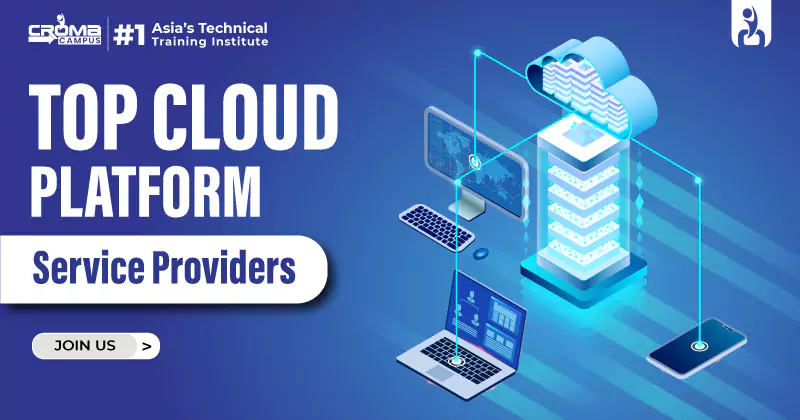

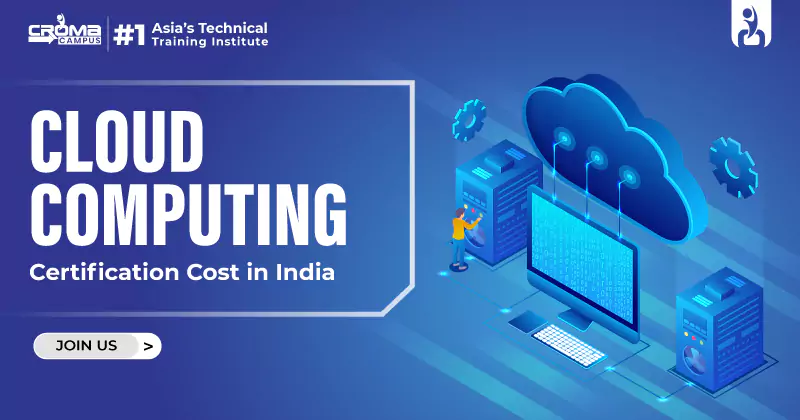
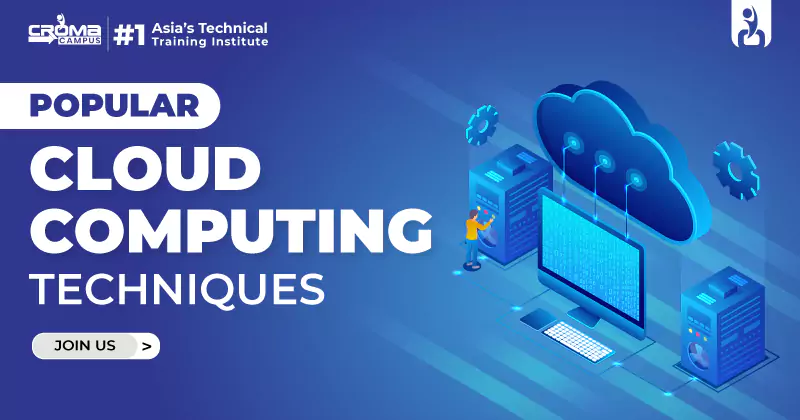
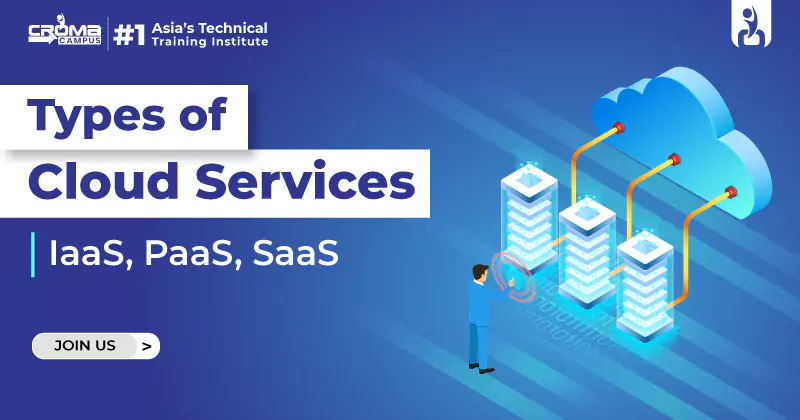
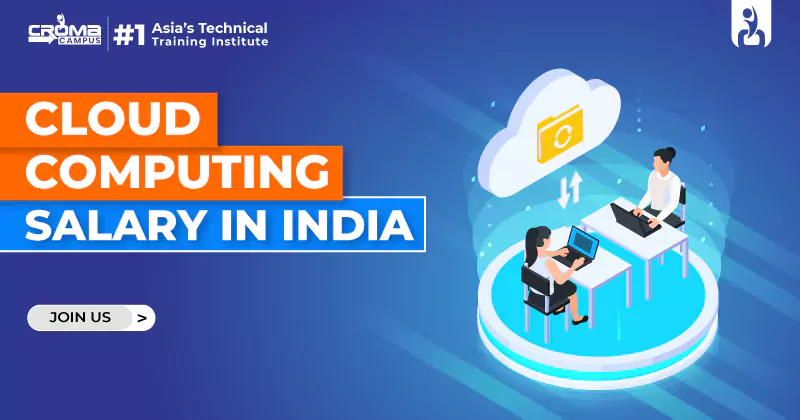
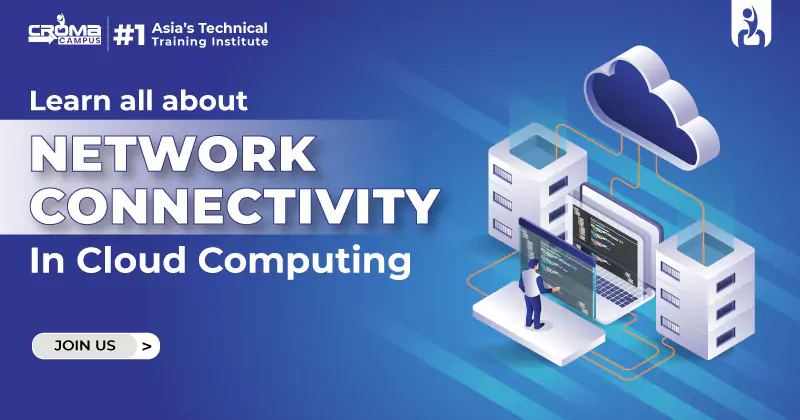
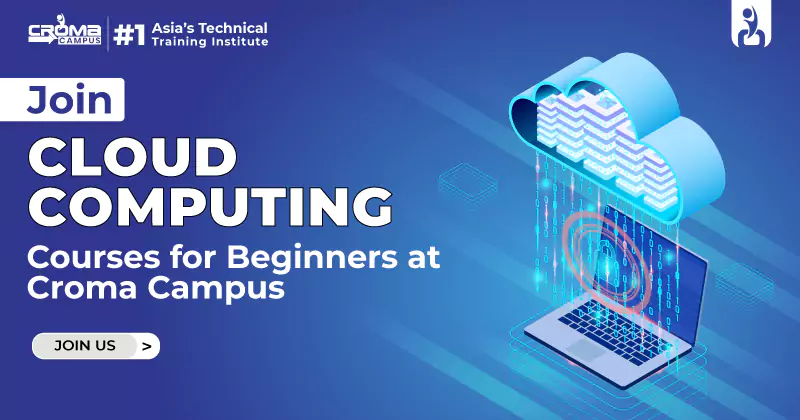
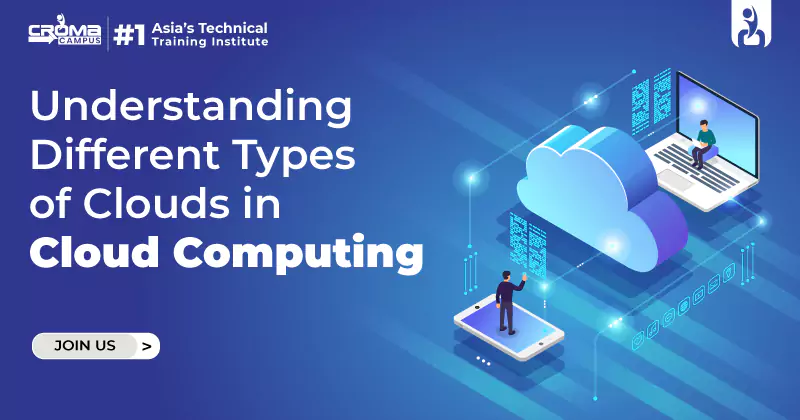
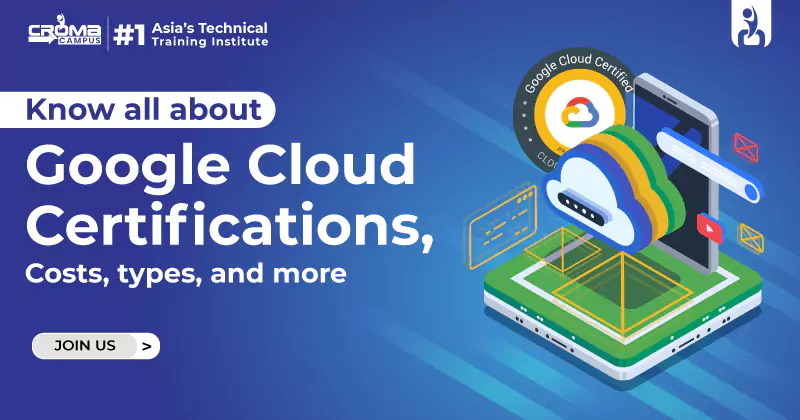
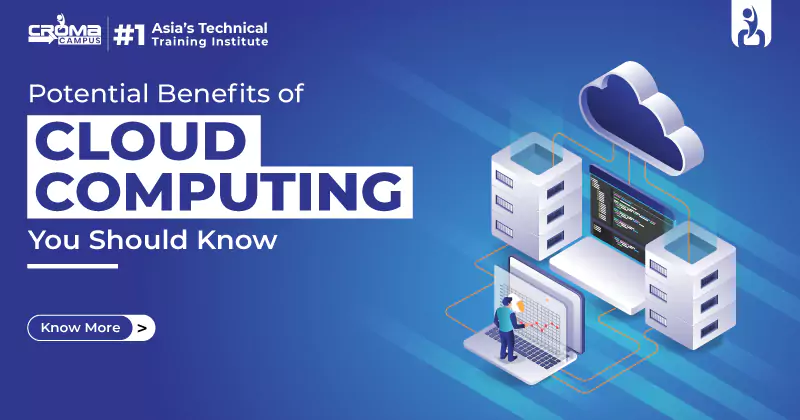
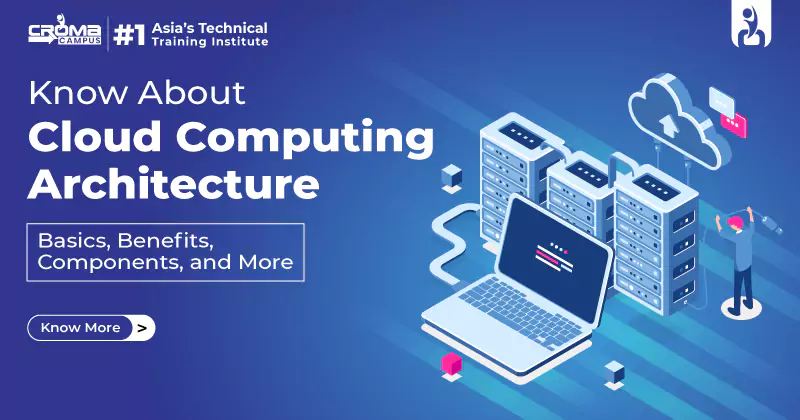









 Master in Cloud Computing Training
Master in Cloud Computing Training